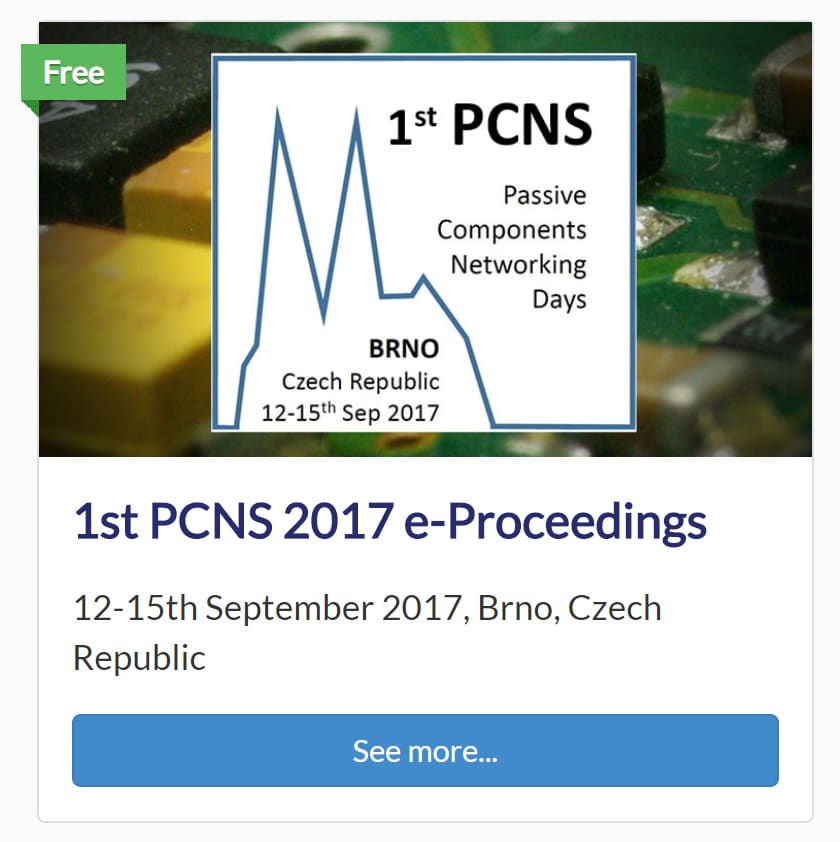source: KEMET Electronics Portugal, S.A., ESA/ ESTEC European Space Agency, EPCI e-Symposium
Abstract:
Solid electrolytic tantalum capacitors utilizing intrinsically conductive polymers as the solid cathode electrolyte have been commercially available since the mid 1990’s. Components utilizing this cathode system offer numerous advantages over traditional manganese dioxide based solid electrolytic capacitors, including lower ESR, improved surge current resistance, benign failure mode and lower voltage derating requirements. In 2012 high reliability capacitors employing intrinsically conductive polymer cathodes for military and aerospace markets were successfully developed and marketed.
This paper presents reliability data for low voltage, low ESR tantalum capacitors which use an intrinsically conductive polymer as the cathode. This product was developed in partnership with the European Space Agency. A new ESCC specification, ESCC3012/005 references this new product portfolio. This paper includes the current undergoing qualification testing data for ESA’s QPL and further development results in the extended range high voltage, low ESR product portfolio under an on-going partnership agreement with the European Space Agency.
Following the market ‘voice of customer’ requests this paper finalizes with the initial reliability results for the EIA7343-43 330uF10V with ultra-low ESR according the space ETP testing
Title: Ta SMD capacitors with Polymer Counter Electrode for Space Applications
Authors: Ana Tomás(1), Cristina Mota-Caetano(1), Dr. Denis Lacombe(2), Leo Farhat(2)
Organisations: (1)KEMET Electronics Portugal, S.A., (2)ESA/ ESTEC European Space Agency
Symposium: 1st PCNS Passive Components Networking Days, 12-15th Sep 2017, Brno, Czech Republic
Reference: article 1.2., PCNS2017 Proceedings Pg.20-28
ISBN: 978-80-905 768-8-9
e-Sessions Applications: Aerospace
e-Sessions Scope Components: Capacitors
e-Sessions Topics: Quality & Reliability
more 1st PCNS symposium technical papers can be viewed and downloaded in pdf from EPCI Academy e-Proceedings:
